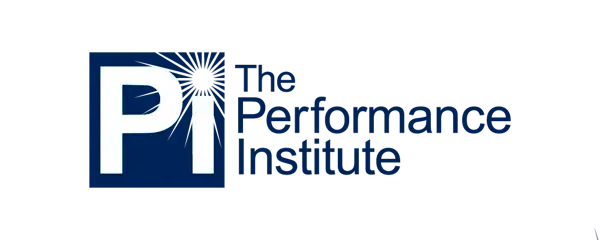The global coronavirus pandemic has greatly affected people around the world—both in health and finances. From transitioning to a virtual workplace to supporting a student through home school, our nation has seen many changes. Thousands of people even lost their jobs and health coverage, which resulted in desperate circumstances for many Americans.
Fraud analytics is the science of using data to better understand—and prevent—fraudulent activity. Due to the COVID-19 pandemic, however, we are being called to adjust our practices to detect more innovative and unpredictable methods of fraud.
Read on to learn how the coronavirus has impacted fraud analytics, and how we must adjust our practices to stay vigilant.
How COVID-19 Has Impacted Fraud Analytics
Without the proper tools in place, a government organization or business can lose thousands of dollars to fraud every year. Because the coronavirus pandemic has changed many aspects of everyday life, it’s also requiring us to rethink and improve our fraud detection practices.
New Purchasing Activity
As a result of the pandemic, many people have begun to alter their spending habits to avoid leaving the home and exposing themselves to the virus. We’ve seen some of the following changes:
- A surge of online transactions for everyday items
- New payment online methods like Venmo, Apple Pay, and PayPal
- The receipt of government stimulus checks
- Bulk purchases and other transactions that may seem out of the ordinary
With these new buying behaviors, fraud detection becomes more difficult. More people are buying online, and money is coming from new places. One of the biggest threats has been institutional payments fraud. Individuals and cybercriminal groups work to gain access to an institution’s system and steal large amounts of .
Previous methods for fraud detection are no longer valid, as the global pandemic disrupted many regular activities and behaviors. New consumers are engaging online, and existing
Inaccurate Data and Tools
Customers are behaving differently. Because this baseline is not stable, data is now more prone to false negatives and false positives—even if the actual rate of fraud has remained the same.
Also, due to ill employees or company downsizing, a lack of resources can slow down or halt fraud investigations. Limited or improper training, as well as a heavy workload, can impact the accuracy of fraud detection.
Increase in Remote Work
Teams working from home also opens up another vulnerability to fraud. When more people work remotely—away from a secure office space—it can increase the vulnerability to a cyber attack or fraud.
For instance, phishing scams can attack employees at home and help criminals gain access to the organization’s secure systems. This includes methods like account impersonation and takeover, as well as fake video and audio to fool employees.
Preventing Fraud in the Age of the Coronavirus
Now is a great time to reevaluate your organization’s risk threshold and adopt more stable and advanced security measures. We may no longer be able to rely on the same fraud detection methods as just two years ago.
The new state of our nation and its economy requires us to transition to real-time technology that can also predict behavior and identify a user’s intent. Also, teams can benefit from extensive training to be more cyber-aware and watch out for warning signs.
Performance Institute is here to help your organization protect against fraud. Enroll in our Fraud Analytics virtual conference on February 17 to learn the best practices to detect and prevent fraudulent activity and improper payments.













